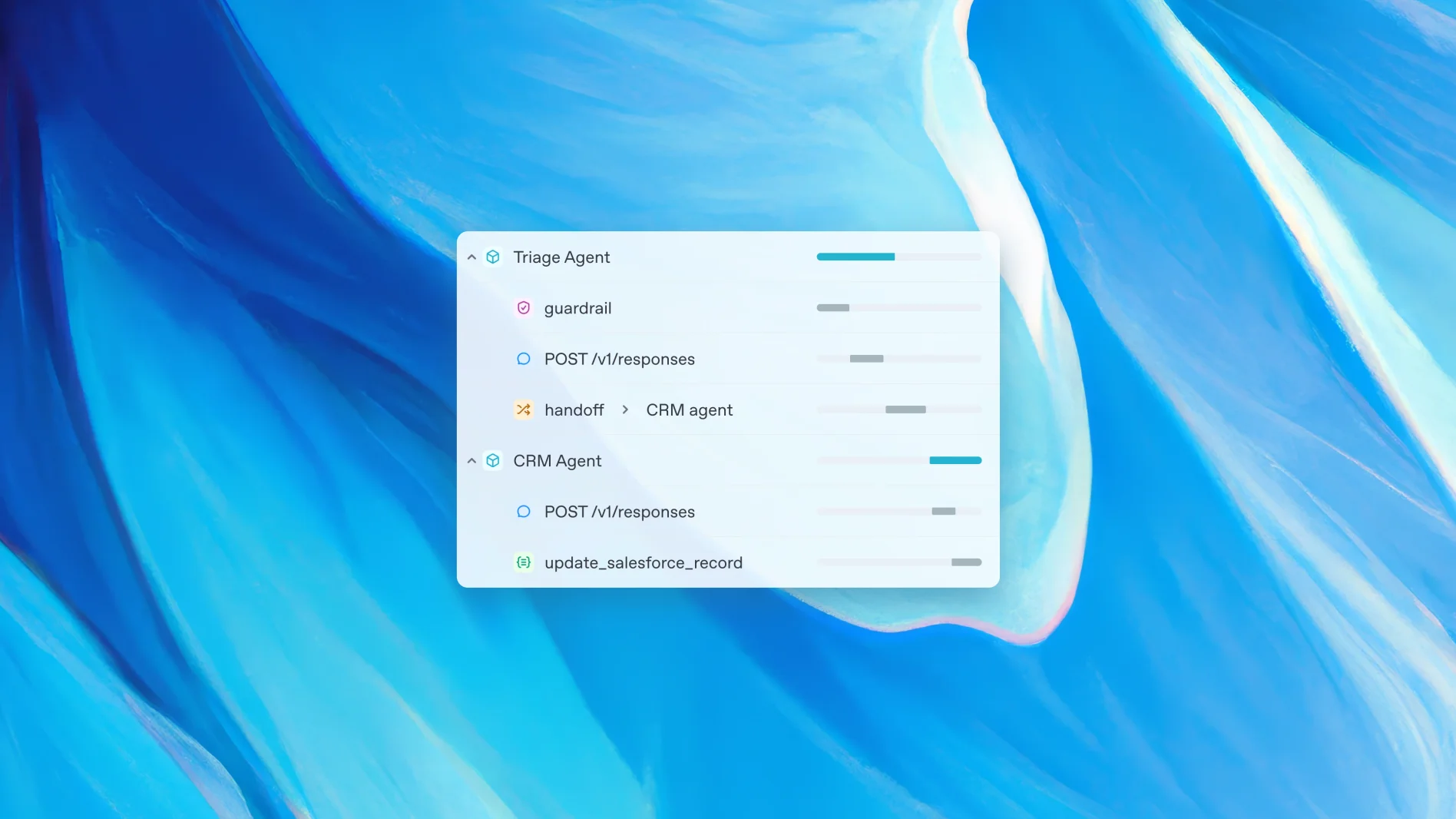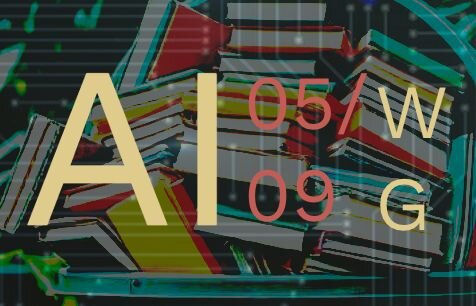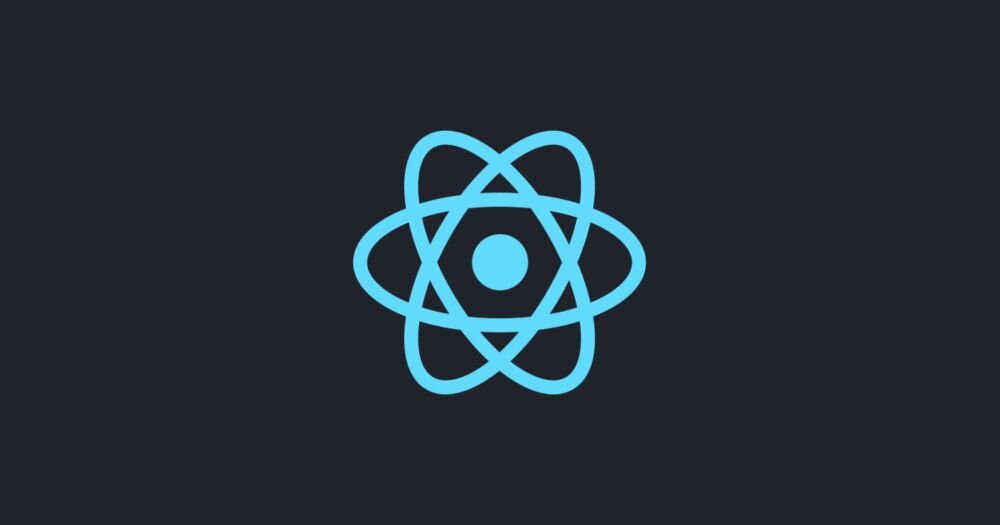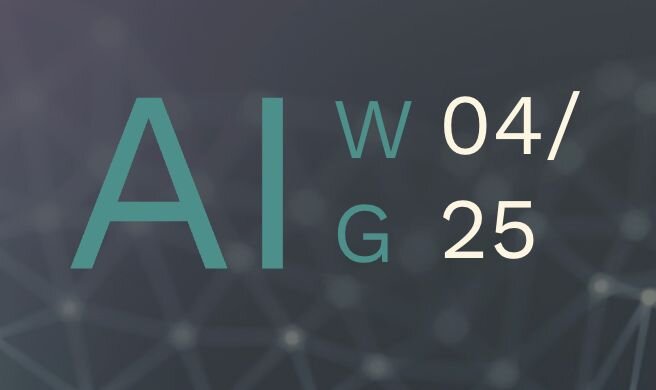
OpenAI introduces a new suite of tools for building AI agents, designed to simplify development and increase efficiency.
What's Included:
- Responses API: This innovative API combines the ease of use of the Chat Completions API with the tool-use capabilities of the Assistants API. The result is a more flexible foundation for building agentic applications that can seamlessly interact with users and perform complex tasks.
- Built-in Tools: OpenAI now offers a range of integrated tools, including web search, file search, and computer use. These tools enable agents to perform a broader range of tasks without requiring extensive custom development, saving you time and effort.
- Agents SDK: This lightweight, easy-to-use package is designed to facilitate the orchestration of single-agent and multi-agent workflows. With the Agents SDK, you can streamline your development process and focus on building more sophisticated AI agents.
The new suite of tools significantly improves the way we build and interact with AI agents. By providing a more flexible and efficient foundation for development, these tools can help you create more powerful and autonomous agents that can perform a wide range of tasks.
TypeScript Compiler Rewrite Promises Significant Performance Boosts
TypeScript is going native! Microsoft has announced an overhaul of the TypeScript compiler (tsc), rewriting it in Go. This move promises a whopping 10x faster builds, improved memory management, and enhanced performance in VSCode.
While not quite there yet, the predicted timeline is looking promising:
- Mid-2025: Early Access Preview available
- End of 2025: Full release expected
So, what does this mean for you? Faster build times won't only boost your productivity but also save your organization money. With reduced build times, you can focus on what matters most – writing code and delivering results.
ByteDance Unveils Lynx: A New Era of Native, Performance-Driven Cross-Platform Development
ByteDance's new Rust-powered framework, Lynx, is shaking up mobile and web development. It's designed for performance-first applications, promising lightning-fast load times and smooth animations.
What sets Lynx apart:
- Performance-first approach: Built on a Rust-powered engine with a dual-threaded architecture for optimized UI rendering and business logic.
- Web-native design thinking: Allows developers to use native CSS styling, markup-driven UI components, and flexible architecture for easier transitions from web development to mobile.
- Multi-threaded architecture: Separates UI rendering from business logic, improving responsiveness and eliminating bottlenecks.
How Lynx compares to React Native:
- Architecture: Lynx's dual-threaded architecture offers direct-to-native rendering, while React Native relies on a JavaScript bridge.
- Styling: Lynx supports full CSS, while React Native uses a more constrained subset of CSS-like styles.
- Development experience: Lynx's web-native approach makes it more appealing to web developers, while React Native's JSX and JavaScript-based styling may have a steeper learning curve.
Lynx is poised to be a key player in cross-platform mobile development, offering a high-performance solution for new projects, while React Native remains a solid choice for established ones.
Model Context Protocol (MCP): Revolutionizing AI Integration
Model Context Protocol (MCP) is a game-changing standard for how AI systems interact with external data sources and tools. By defining a consistent framework for exchanging context, MCP enables faster integration, improved model accuracy across domains, and greater flexibility in AI deployments.
What’s Included:
- Client-Server Model: MCP uses a client-server architecture where AI applications (clients) request tools, data, or prompts from servers, simplifying communication between AI systems and external resources.
- Standardized Context Exchange: MCP reduces the complexity of custom integrations by offering a universal protocol that AI applications can use to interact with a wide range of data sources and services.
- Tool Use & Agency: By enabling AI models to invoke external tools, MCP enhances the model’s capabilities, allowing for more sophisticated, autonomous problem-solving beyond simple text generation.
Impact:
MCP is set to revolutionize how AI systems interact with each other. By standardizing the exchange of context, it drastically reduces integration time, improves model accuracy in cross-domain applications, and boosts the flexibility of AI deployments. This protocol opens the door to more autonomous systems capable of tackling complex, multi-faceted challenges in dynamic environments.
ESLint Continues to Evolve: Official CSS Support Announced
ESLint recently announced official CSS support, following on from their JSON and markdown support announced in October of last year. This continues on with their vision to make ESLint a general purpose linter, not just Javascript specific. This is a welcomed change as it reduces the need for multiple tools to lint a single project, and follows a setup most developers are already familiar with.
The End of an Era: Create React App Deprecation
The React team has announced the deprecation of Create React App (CRA) for new applications. Instead, they're recommending frameworks like Next.js, React Router, and Expo for building high-performance production apps.
Why the deprecation?
- CRA's limitations in handling routing, data fetching, and code splitting make it difficult to build scalable apps.
- The lack of active maintainers has made it challenging to address existing issues and add new features.
- Better alternatives like Next.js, React Router, and Expo offer more comprehensive solutions for building production-ready React apps.
What's next?
If you're starting a new React project, consider migrating to a framework like Next.js, React Router, or Expo. Alternatively, you can use a build tool like Vite, Parcel, or Rsbuild to create a custom setup for your React app.

Stay ahead of the curve with Econify's newsletter, "The Loop." Designed to keep employees, clients, and our valued external audience up to date with the latest developments in software news and innovation, this newsletter is your go-to source for all things cutting-edge in the tech industry.
Missed an issue? Explore The Loop's archive here.
The Loop is written and edited by Victoria Lebel, Alex Kondratiuk, Alex Levine, Christian Clarke, and Marie Stotz.
Latest Tech Updates in Your Industry
Designed to keep employees, clients, and our valued external audience up to date with the latest developments in software news and innovation. It is your go-to source for all things cutting-edge in the tech industry.
Related Updates


























Contact Us

New York, NY 10003



New York, NY 10003, U.S.A.
London, EC4A 3TW,



